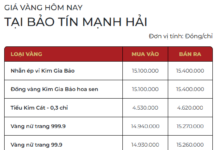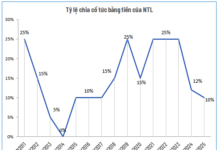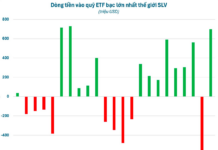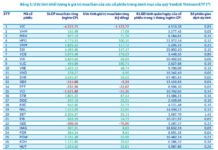Continuing the 8th session of the 15th National Assembly, in the afternoon of October 22, Minister of Public Security Luong Tam Quang presented the Government’s proposal on the draft Data Law.
The draft law, constructed by the government, consists of 7 chapters and 67 clauses. It provides a comprehensive framework for data-related activities, including its development, processing, governance, and management. Additionally, it covers the application of science and technology in data processing, the establishment of a data development fund, the development of a national comprehensive database, and the creation of data-related products and services.
THE URGENCY OF ENACTING THE DATA LAW
According to the Ministry of Public Security, refining the legal framework and establishing policies for data utilization in state management and socio-economic development is of utmost importance. This will ensure that citizens can benefit from the ongoing digital transformation.
Many countries worldwide have already implemented regulations governing data, its operations, and its utilization (including data from government agencies, organizations, businesses, and individuals). These regulations facilitate the application of data in state management and socio-economic development.
The development of centralized databases is a global trend. Therefore, the Ministry of Public Security emphasizes the necessity of establishing and developing a national comprehensive database to serve as the primary data pillar. This will provide a foundation for the development of a digital government, promote a digital economy, and foster a digital society in Vietnam.
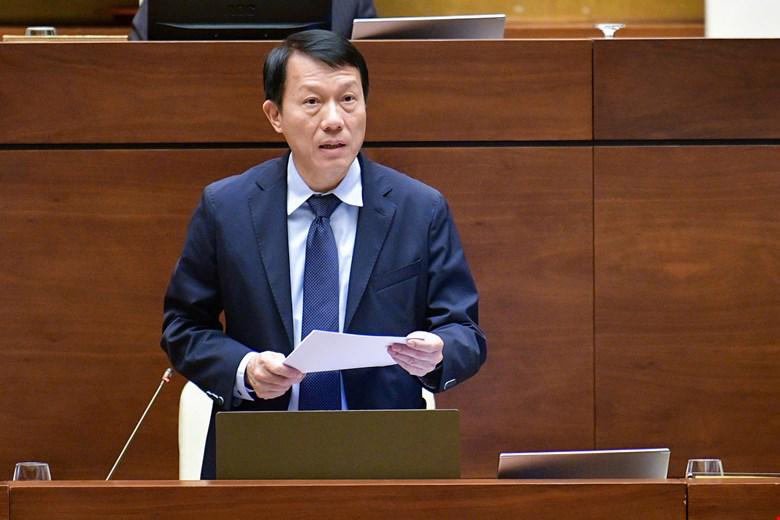
This approach will facilitate the establishment of reliable and stable data systems for the state, enabling the deployment of connection solutions. Data sharing and the development of in-depth data analysis models will generate new values, products, services, and momentum for socio-economic development during the digital transformation phase.
Currently, 69 laws encompass regulations regarding databases, including national and specialized databases. Among the reviewed laws, only a few outline the responsibilities of database management agencies in terms of construction, collection, management, operation, connection, sharing, and exploitation of information within these databases.
However, the Ministry of Public Security points out that none of these laws provide specific and unified guidelines on data processing and governance. They also lack provisions on the development and application of advanced technologies in data processing, the creation of comprehensive databases aggregated from national and specialized databases, and the governance of personal and non-personal data.
Additionally, these laws do not address the emerging data-related products and services, such as data exchange platforms, data intermediary services, and data analysis and synthesis services, which are gaining prominence worldwide.
Establishing a data market and developing data-related products and services are crucial factors in stimulating and driving digital transformation across industries and sectors. They enhance competitiveness and ensure the success of Vietnam’s digital transformation journey.
Resolution No. 175/NQ-CP, issued by the Government, approves the proposal for the National Data Center, which is slated to become operational in the fourth quarter of 2025. The center will serve as a hub for data storage, synthesis, analysis, and coordination, providing infrastructure for ministries, sectors, and localities.
Hence, formulating the Data Law is of paramount importance and urgency. It will ensure the comprehensive coverage of the tasks outlined by the government in its digital transformation agenda, enhance the efficient utilization of information in databases for state management, and promote data application in socio-economic development. Additionally, it will tighten the management of personal and non-personal data, ensuring information security.
The Ministry of Public Security emphasizes that the draft Data Law aims to achieve unity and synchronization in data utilization, serving state management and socio-economic development. It will contribute to the development of a digital government and the improvement of administrative procedures, foster economic growth, and support the establishment of the National Data Center.
CONSIDERING THE PILOT APPLICATION OF A DATA EXCHANGE PLATFORM
In the report on the draft law’s review, Le Tan Toi, Chairman of the National Defense and Security Committee, conveyed the committee’s agreement on the necessity of issuing the Data Law. They also agreed on the provisions regarding the national data strategy and suggested that the drafting agency consider adding specific details about the strategy to facilitate its implementation.
The committee generally agreed on the provisions concerning the National Data Development Fund, a state financial fund formed at the central level to mobilize social resources for the development of national data. Some members proposed clarifying the fund’s sources and distinguishing between activities funded by the state budget and those funded by the National Data Development Fund to ensure transparency and clarity.
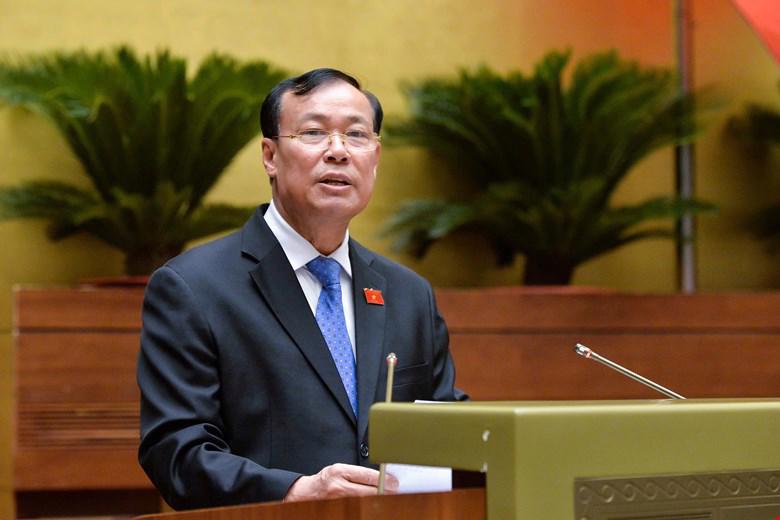
There were suggestions to carefully consider the legal and practical basis for establishing the fund and to review the fund’s expenditure items to ensure alignment with the State Budget Law and other relevant legal documents.
The committee generally agreed on the provisions regarding the collection, updating, and synchronization of data into the National Comprehensive Database. However, concerns were raised about the resources required to ensure the effectiveness of this process.
Regarding the fees for exploiting information in the National Comprehensive Database and other databases managed by state agencies, the committee agreed with the draft law’s provisions, recognizing their role in generating financial resources for investment in the development and management of these databases.
Some members proposed allowing organizations and individuals to access this data free of charge, provided they contribute and share their data with these databases. This suggestion aims to encourage data providers to enrich the data sources, making them more comprehensive and valuable.
On the topic of the National Data Center, the committee generally agreed with the provisions in the draft law. However, some members suggested reviewing and clarifying the center’s organizational model, functions, rights, and obligations. They also emphasized the need to provide additional reports outlining the progress and effectiveness of the center’s establishment and proposed solutions to potential issues, such as information security breaches.
Mr. Toi conveyed the committee’s general agreement with the provisions on data-related products and services, the data market, and the data exchange platform. However, some members pointed out that these areas are already governed by several existing laws, such as the Law on Electronic Transactions, the Law on Cyber Security, the Law on Information Security, and the Law on Telecommunications, as well as the draft Law on Digital Technology Industry.
Given that this is a novel and specialized field, some members suggested considering a pilot application of the data exchange platform to ensure tight management and information security. They proposed that, for the time being, detailed regulations are unnecessary, and the government could be tasked with organizing and implementing the pilot project, with subsequent reports submitted to the National Assembly.










